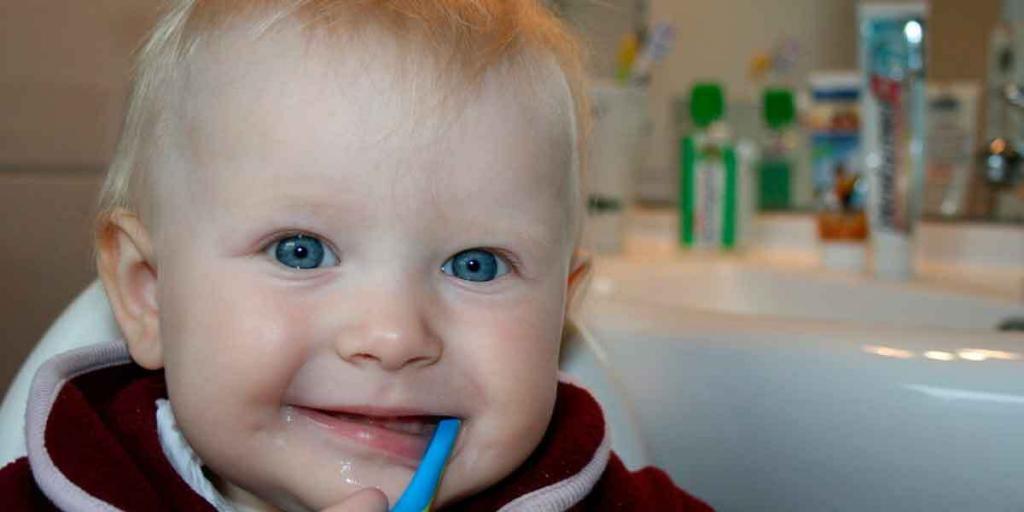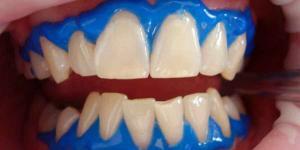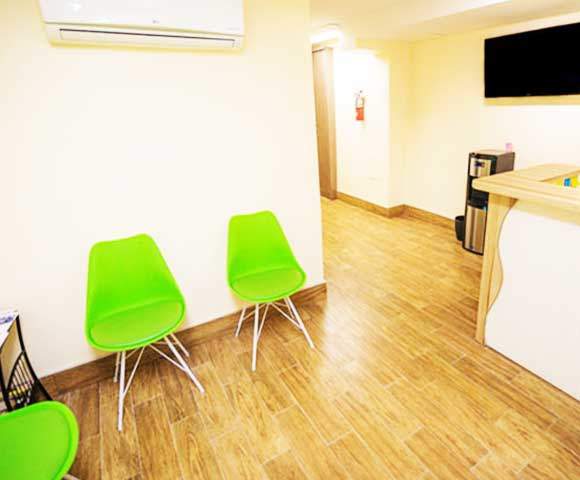Parents need to make sure their kids are in perfect health and grow up to be strong. Many parents focus on the physical and mental health of the kid and forget oral health.
Studies show that 43 percent of children between the ages of 2 and 11 develop a cavity in their baby teeth.
Many parents don’t know that childhood tooth decay is one of the most common conditions that affect kids more than any other condition. With the developing teeth, the possibility of tooth decay progressing to cavities is easy.
While childhood cavities are easy to prevent, the problem continues to be a significant health concern across the world.
One of the main reasons why it is this way is because many parents undermine the significance of the cavities to affect the child. While the cavities are easy to treat in a mature person, the same cannot be said of the child that has a cavity in their baby teeth.
The Importance of Primary Teeth
Many parents don’t see the importance of primary teeth in their kids. They feel that since the teeth will eventually fall out and get replaced, there is no need for them to fret over them.
They don’t know that the cavities that develop in the baby teeth might affect the permanent teeth as well. At times the decay can penetrate and infect the up-and-coming permanent teeth. This is why it is vital to work with the best dentist in Brooklyn as early as possible.
So, what can cavities do to your child?
Low self Esteem
As kids grow, they develop their self-esteem. There is a point in the kid’s life where their mates interact with them and either warm up or shun them.
While the little kids might not care so much about their looks, they become conscious about it when they grow up. If they have cavities or discolored teeth, they might be conscious of their smile, covering it up when they meet with other kids knowing that it is unsightly.
Phobia of the Dentist
Many kids associate cavities with the dental clinic. As kids grow, they become afraid of the dentist because of the environment, stories from their peers, sounds, smell, and more.
The kid knows that a visit to the dentist always ends with bad news, and they have to go through a procedure. This fear can carry through to adulthood and make them less likely to go to the dentist regularly for examinations.
Poor Oral Routines
When a child gets cavities in his baby teeth, it is more likely that you will encourage him to change his oral hygiene routine. The child might heed the advice or decide to reject it altogether.
Children that don’t see the cavity as a big deal will develop poor hygiene routines way into adulthood. They won’t realize the importance of proper dental hygiene at all.
Loss of Teeth
When left unattended, cavities in children can lead to loss of teeth. When this happens when the kid is still young, it can lead to loss of baby teeth prematurely. This can lead to speech impairment and eating difficulties. Loss of teeth can lead to crooked teeth that might require advanced treatment.
Childhood cavities aren’t just slight accidents that can be treated fast then forgotten about. These cavities will end up scarring the kids mentally, which will lead to low self-esteem and phobia for the dentist.
Ideally, you find a way to handle the cavities early enough so that they don’t affect your kid in any way. The earlier you prevent the cavities the better.
Loss of teeth during childhood isn’t an easy thing. Your child will have to be extra careful with their remaining teeth and learn to use implants and other restorative procedures. As a responsible parent, you need to try and keep all your kids natural teeth in place.
Work with the Best Dentist in Brooklyn
You must take good care of the kids’ teeth, especially baby teeth. By the age of one, you need to make sure you bring the kid to the dentist’s office regularly. With time, the kid will get used to going to the dentist without fear.
The earlier the kids are introduced to the dentist’s office, the more comfortable they are. Whether your kid is six months or older, consult with a pediatric dentist to schedule an appointment to avoid cavities.



